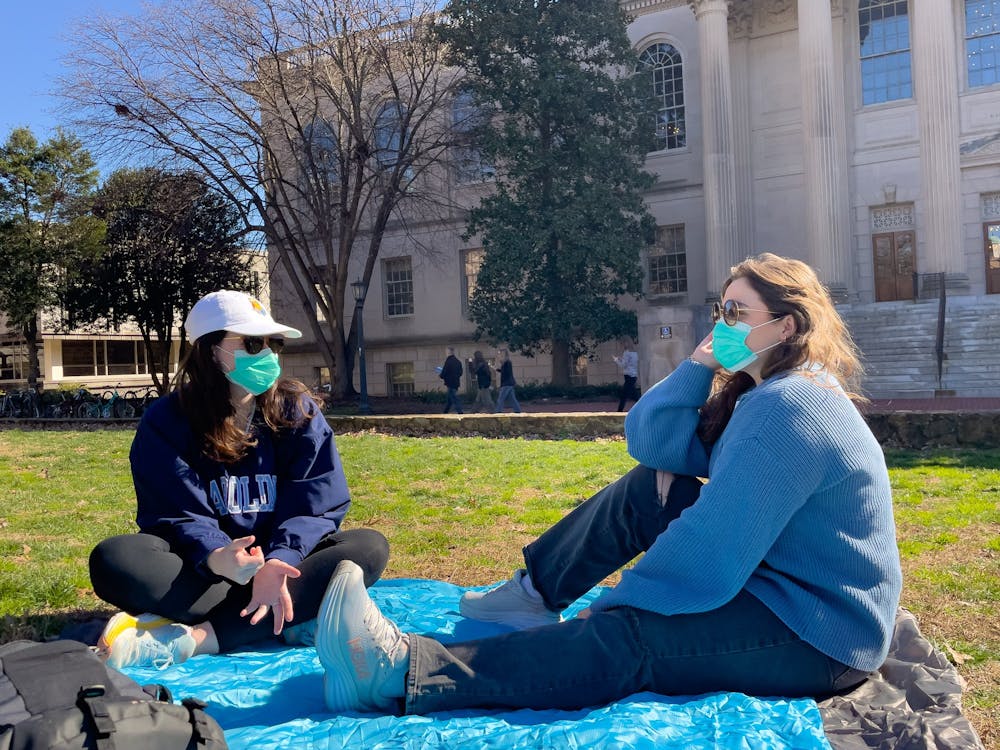To major in the humanities is to be open to scrutiny. In a technologically-oriented world, humanities professions are criticized by those who find them useless. This sentiment is shared by leaders like Sen. Marco Rubio, who stated that “we need more welders and less philosophers." This is dangerous, as the humanities are essential in both solving issues and understanding who we are.
Sentiments like Rubio's derive from the presumption that the humanities are useless in a market economy and that technical skills from studying business and STEM are better. While these are valuable, this asserts a false dichotomy between technical skills and the humanities.
The relationship between humanities studies and technical studies is symbiotic rather than competitive. Humanities are valued in the business and scientific world because they help solve pressing issues. In addition, rhetoric which demeans the liberal arts leads to the loss of a way of understanding ourselves.
In business, employers seek to hire people who “know how to work in teams, communicate and think critically. Those skills come primarily from humanities and liberal arts fields," according to an associate professor at the University of Wisconsin-Madison. Businesses interact with the government, international deals require sufficient knowledge of cultures and marketing necessitates human psychology.
When describing business’s connection to literature, UNC English major Liam Furlong said: “I think being able to write well and being able to teach how to write well is of the utmost importance now, we can communicate globally in the blink of an eye… you need to learn how to write quick and to the point.” Finding people well-equipped to write is essential for revenue and outreach.
The humanities help in understanding the natural world. In Greek, the word philosophy means “the love of wisdom” and is often referred to as the “mother of all other disciplines." Studies such as mathematics and physics trace their lineage to philosophy.
Isaac Newton even named one of his books “Mathematical Principles of Natural Philosophy." The existence of philosophy allows for science to exist and the scientific method is epistemic. Using the scientific method requires one to ask, “what constitutes proper truths?" Science invokes philosophy by its own nature.
This symbiosis renders the humanities vital in solving issues. Tackling the COVID-19 pandemic requires an understanding of biological processes, with scientists researching ways to reduce transmission and infection rates of the virus. But a humanities study, like political science, is required to enact legislation for this purpose. Sociology is required to understand how viruses impact marginalized communities. COVID-19 is indeed both biological and humanistic.
But the humanities don't need to justify themselves with business and science. These enhance their resume but they have inherent virtues. The humanities study people. We are endowed with conscious complexity. We love, feel anger and can convey emotions through the power of art and music. We can create sociopolitical systems, wage wars and more. These are all at the core of our existence.




